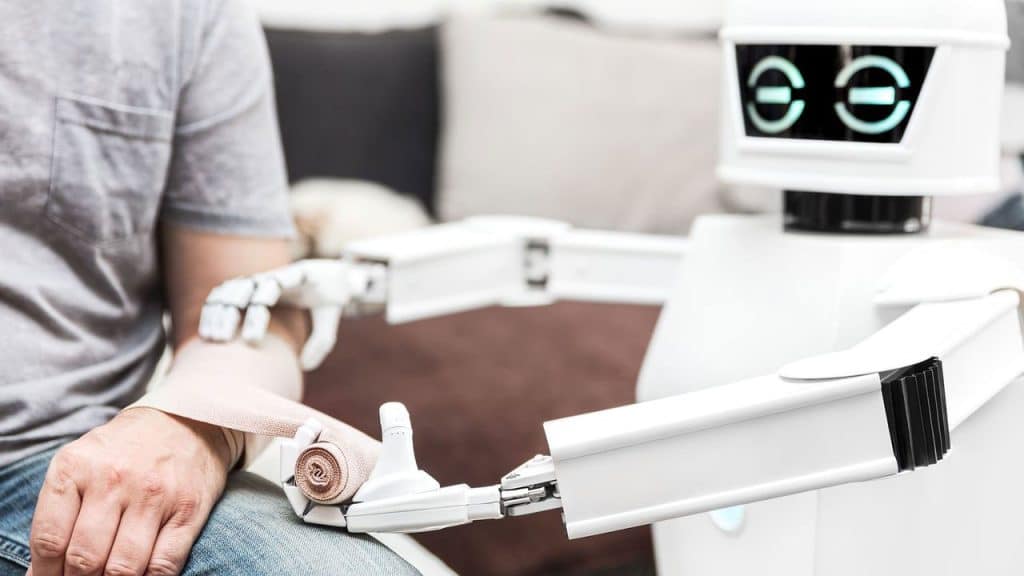It sounds like something from the future: robotic companion care enabled by AI. Nevertheless, that’s the pioneering area of research currently being explored by Clearday Inc. As a merger with Viveon Health Acquisition Corporation is announced, it looks like this integrated platform is one step closer to widespread use in residential care for seniors (https://longevity.technology/news/clearday-and-viveon-health-spac-announce-merger-agreement-to-accelerate-innovative-longevity-tech/).
Clearday is a longevity tech company with a history of operating care facilities for the elderly. This puts it in prime position to know about the challenges facing the senior care sector. Every day, more than 10,000 people in America celebrate their 65th birthday, putting them at increased risk of acquiring the diseases of age. Statistics show that not only is the population growing older, but it also needs more care.
Sometimes this care aims to support independent living by sending carers and equipment into homes. Sometimes it’s about improving the provision in residential accommodations. Clearday currently focuses on day care and assisted living facilities, the places where it already has experience, but it is well aware that its technology also has potential for at-home care, too.
Viveon Health has expertise in helping companies like Clearday grow. The hope is that the merger will allow Clearday to pursue ongoing expansion, providing a service that can improve the experience of residents and the performance of staff, all in the most cost-effective, revenue-generating manner.
One of Clearday’s recent innovations is Mitra, a robotic companion powered by AI software designed to help people with Alzheimer’s and other forms of dementia while making life easier for care staff. The autonomous device can move of its own accord and consists of a screen on top of a smooth, tapered body.
Mitra can monitor patients for falls and other health issues, but it also offers videos and activities to encourage cognitive engagement and improve mood. Activities are designed by experts to support memory and cognition, and a 24/7 human support network is constantly available to supervise Mitra and solve any problems.
Robotic companions present a significant opportunity to provide appropriate and engaging care for older people with dementia while alleviating some of the strain on care staff. This is especially true when AI enables the robot to adapt and improve by interacting with patients. The fact that a company developing this technology is expanding is a promising sign for further developments.




